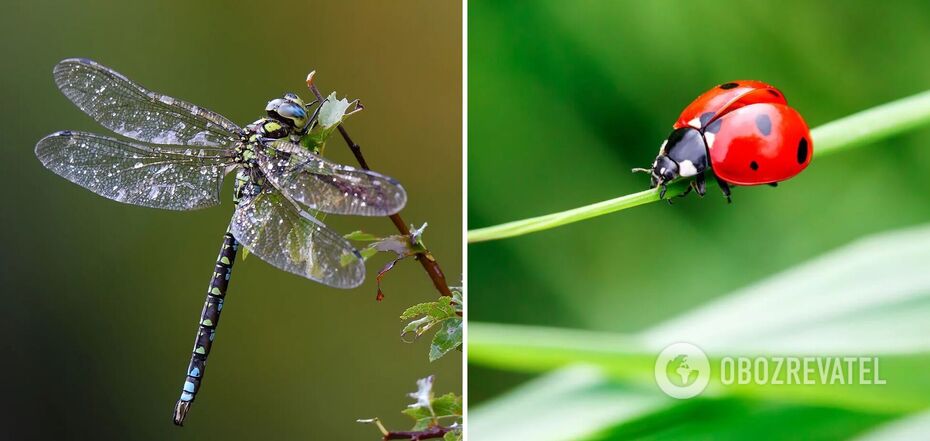Life
Insects are dying out en masse on Earth: Scientists find out the reason
Scientists have long been sounding the alarm - the number of insects in the world is rapidly decreasing. And not just decreasing, their diversity is decreasing. And now researchers have prepared a detailed report describing the reasons for this alarming situation and possible countermeasures.
As the Eurek Alert writes, scientists from Mainz University in Germany published their findings in a special issue of the scientific journal Biology Letters. According to the analyzed data, the mass extinction of insects leads to a complex of reasons - the increased use of land for agricultural needs and construction, climate change and the spread of invasive species due to trade and mass tourism.
One of the three key authors of the paper was Associate Professor Dr. Florian Menzel of the Institute for Organic and Molecular Evolution at Johannes Gutenberg University Maine. According to him, the scientists set out not just to document the decline of insect populations, but to better understand the causes and consequences of this process. He worked on the study with Professor Martin Gossner of the Swiss Federal Institute for Forest, Snow and Landscape Research and biologist Dr. Nadja Simons of the Technical University in Darmstadt. The scientists reached out to their colleagues from around the world who also study insects, and as a result collected 12 scientific studies, two expert opinions, and wrote an extensive editorial.
Why insects are dying out
It was found that climate change and human activity are not just destructive to insects on their own. Together, they have a complex effect - these factors interact with each other. For example, ecosystems destroyed by humans are more susceptible to climate change, as are the populations of insects that inhabit them. And while some species disappear en masse, some others, including invasive species, thrive and reproduce. Therefore, diversity decreases significantly, as some species begin to obviously dominate certain localities.
"Specialized insect species seem to suffer the most, while more versatile species tend to survive. That's why we're now finding more insects that can live almost anywhere, while those species that need a certain environment are dying out," Menzel noted.
Why insect extinctions are dangerous
In ecosystems, insects act as fertilizers and propagators of plants. They also control the number of pests. The extinction of insects leads to a decrease in plant diversity as well. For example, the loss of bumblebee diversity has led to a concomitant reduction in the number of plants that depend on these particular bumblebee species for pollination. All this disturbs the stability of ecosystems, because insects themselves are food for birds and other animals, and they also suffer from their extinction.
How to prevent a catastrophe
The scientists also suggested ways in which risks to insects could be reduced. First of all, they called for standardized methods of monitoring insect diversity in different locations. And also to create nature reserves, which would help to restore the number of species of these creatures, and at the same time to study in more detail their life, which is still often a mystery for researchers. In this way, less heat-tolerant insects could migrate from areas where global warming is causing temperatures to rise to higher elevations or cooler regions in the north.
In addition, the authors called for controlling the spread of invasive animal and plant species as a result of our global trade and tourism. "This is another problem that has become very serious in recent decades," Menzel said. One example, he cited the invasion of non-native insectivores in Brazil, which has led to a significant decline in freshwater insect populations.
Earlier OBOZREVATEL told about a mysterious place where whales are dying en masse for an unknown reason.
Subscribe to OBOZREVATEL channels in Telegram and Viber to keep up with the latest events.



























